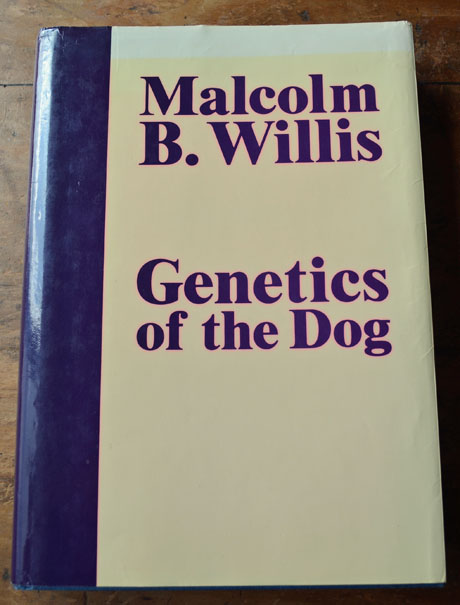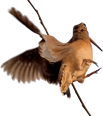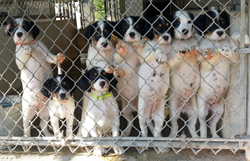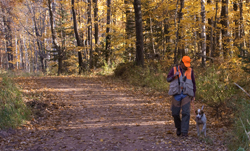What we’re reading: Genetics of the Dog

Breeding animals, regardless of the breeder’s effort and knowledge, still involves randomness and luck. There is a very good reason that breeding is called an art and not a science. A good breeder can do many things to reduce the “luck” part. And understanding basic genetic principles, possibilities and probabilities is the place to start.
Genetics of the Dog by Malcom B. Willis is a classic text on canine heredity. Most genetic aspects are included—color, reproductive, conformation, eyes, behavior and skin. Special chapters on hip dysplasia and other defects are included. The chapters on polygenetic inheritance and selection methods, inbreeding and other breeding systems contain excellent, detailed information for breeders.
Willis writes that a person can’t predict the breeding worth of a given dog by just looking at it or seeing it in the field. What the dog displays physically is only an indication of what it may produce and the only way to find out is to breed it and evaluate its offspring.
Still, good breeding involves a lot of common sense and hard-earned knowledge. Willis gives us some of each in this book.
If all you know about a pedigree is the names within it then that pedigree is effectively useless as a guide to breeding worth.
…one needs to breed from those dogs which are outstanding even if they may have some particular obvious failing. Dogs which have very little wrong with them, but also very little outstanding either, are not the ones to choose.
All sires will produce inferior stock and it is the overall average that matters together with the proportion of progeny in the upper areas.
….success (in dog breeding) is not about producing a few winners – even a few champions – but rather it is about producing a generally high standard of stock.
Finally, Willis sums it up:
Clearly chance plays a part but, a breeder can, by careful selection of breeding stock and subsequent planning of their mating, increase his prospects of obtaining what he seeks. The better he is at selecting, the better his knowledge of specific genetic factors, then the greater his chances of success.




